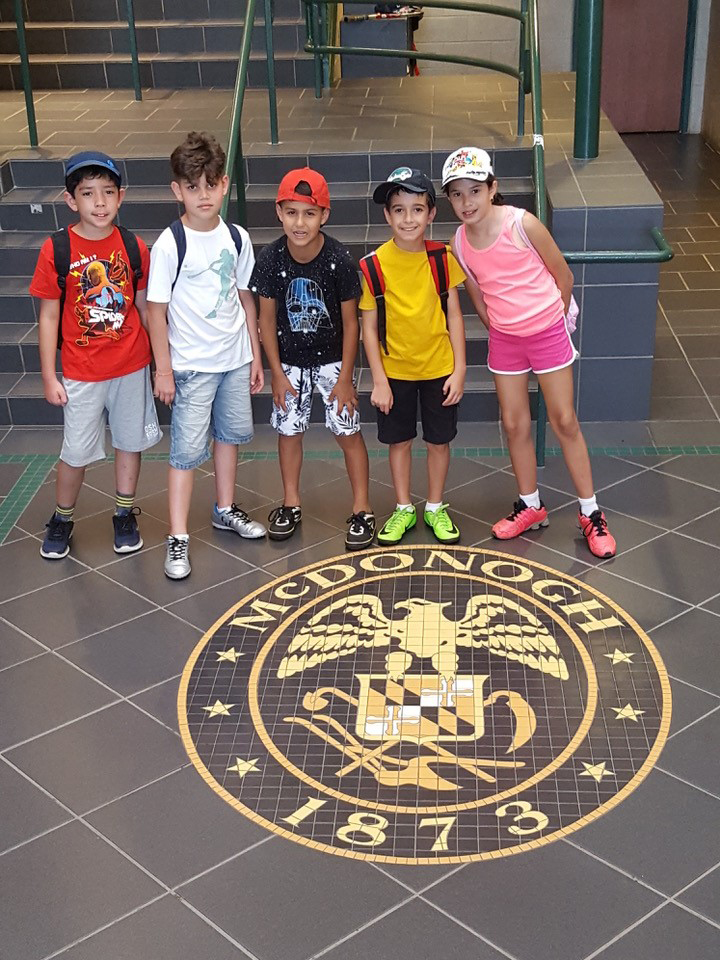
What is Bilingual Education?
A long-term special education model in which two languages and two cultures meet in order to create a unique experience at school. Children who are educated through this model will be able to participate in both cultures as well as use both languages, being more prepared to face new challenges.
Bilingual education should not be seen just as a linguistic phenomenon. It is also an educational alternative that propitiates transformations and opportunities to various social groups, besides spreading a more solidary vision in relation to values and creeds.
Advantages of Bilingual Education:
Critical and flexible thinking;
Analytical skills;
Enhanced linguistic and school performance;
Accurate memory;
Ability to learn other languages;
Appreciation for reading and writing;
Enhanced ability for interpreting and translating;
Broader access to other cultures;
Respect for differences, intellectual tolerance and understanding;
Less chance of acquiring typical diseases of old age.

A) Cambridge Exams
Integration School has the approval by representatives of the University of Cambridge ESOL Examination to be an Authorised Centre. So, we apply the Young Learners (YLE) test inside our school environment, which is more comfortable for learners and also more practical for parents. Our 3rd graders are able to apply for the Starters exam, the 4th graders can apply for the Movers and the 5th graders will apply for the Flyers.

B) Cultural Exchange
Since 2013 we have a partnership with the McDonogh School, an American school situated in Baltimore – MD, so that our 4th and 5th graders can participate for 15 days in one of the biggest American Immersion Summer Camps of the East Coast, which has more than 3000 sq. km of campus area. In this period, the kids get immersed culturally and academically in the English language. Besides that, they will get in touch with children from other countries.



